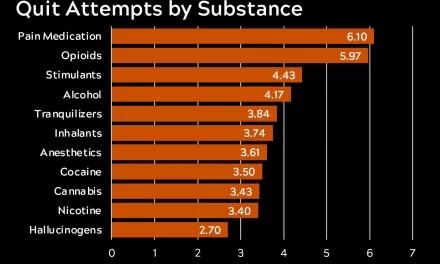In a significant stride forward for advanced renal cell carcinoma (RCC) patients, the Food and Drug Administration (FDA) granted approval for belzutifan (Welireg, Merck & Co., Inc.) on Thursday. This approval comes as a beacon of hope for individuals who have undergone treatment with a programmed death receptor-1 (PD-1) or programmed death-ligand 1 (PD-L1) inhibitor, coupled with a vascular endothelial growth factor tyrosine kinase inhibitor (VEGF-TKI).
Belzutifan, now FDA-sanctioned for these patients, exhibits promise as an advanced treatment option following prior therapies. The drug’s approval represents a significant advancement in addressing the needs of those battling advanced RCC, offering a potential pathway to further manage the disease.
During clinical trials, the most frequently reported adverse reactions, with an incidence of 25% or higher, among patients receiving belzutifan encompassed decreased hemoglobin, fatigue, musculoskeletal pain, increased creatinine, decreased lymphocytes, increased alanine aminotransferase, decreased sodium, increased potassium, and increased aspartate aminotransferase.
Patients and healthcare providers are encouraged to refer to the complete prescribing information for Welireg to gain comprehensive insights into the drug’s indications, usage guidelines, potential side effects, and other crucial information.
This approval marks a pivotal moment in expanding treatment options for advanced RCC patients, providing renewed hope and potential avenues for managing this challenging condition after prior lines of therapy. The approval of belzutifan signifies a critical step forward in the ongoing efforts to enhance outcomes and quality of life for individuals navigating advanced stages of renal cell carcinoma.











